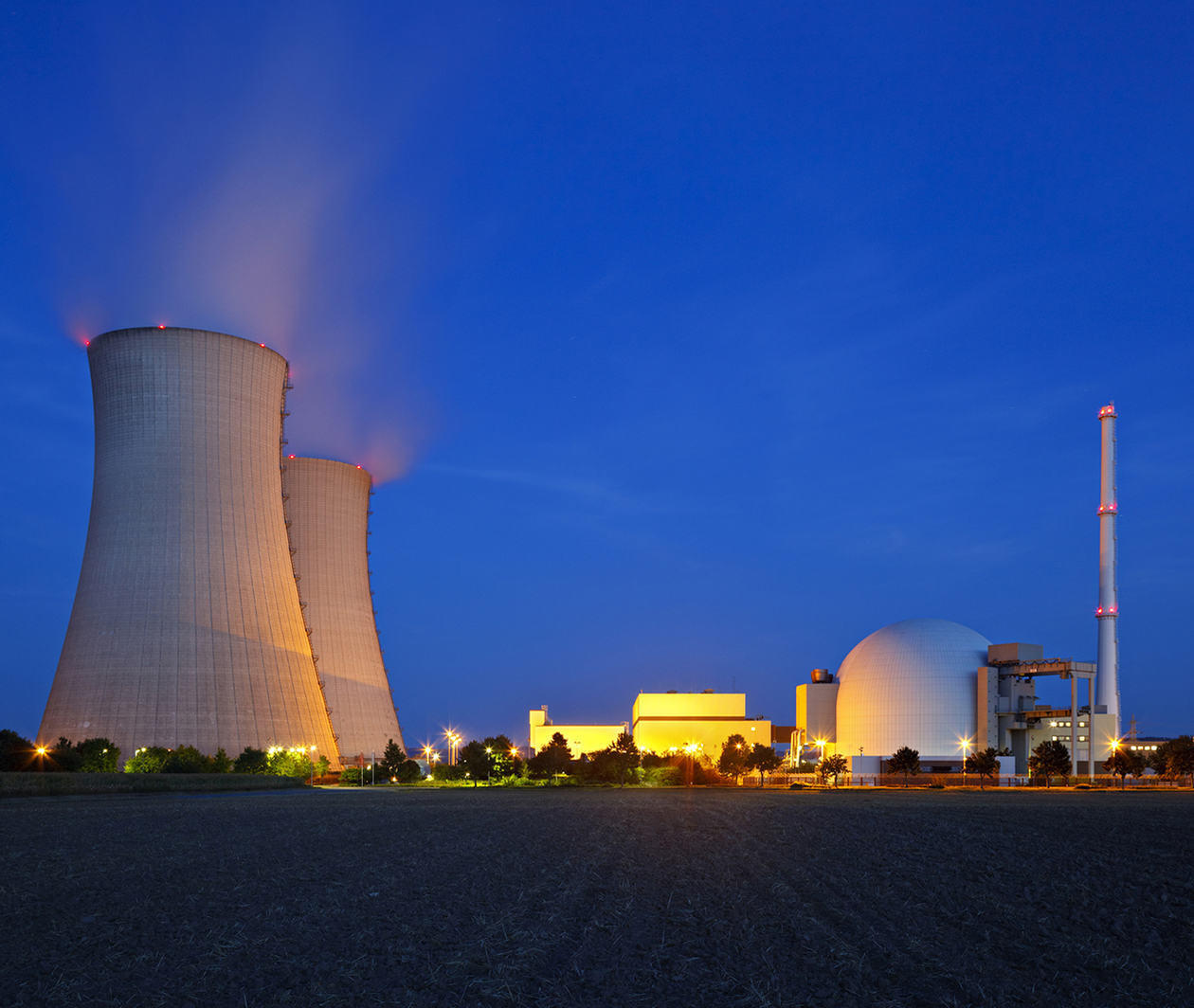
Duration
5 weeksWeekly study
4 hours
Understanding Nuclear Power
Other courses you might like
This course isn't running right now. We can email you when it starts again, or check out these other courses you might like.
Browse more in Nature & Environment
Find out what role nuclear power might play in our energy future
Nuclear power remains contentious – does it offer a sustainable energy future? Or do the risks outweigh the benefits? This online course will answer such questions.
Despite accidents like Fukushima Daiichi, many countries are building new nuclear power plants. You’ll look at the engineering and financial aspects of these large infrastructures; learn about the technologies involved; and explore how fuels and radioactive waste should be managed.
You’ll also examine the outlook for nuclear power, exploring future challenges for companies and countries, and how they can be overcome.
What topics will you cover?
- The drivers for nuclear energy as a power option, the ‘Energy Policy Trilemma’.
- Nuclear fission, how a nuclear chain reaction is started and controlled.
- The features of a pressurised water reactor, the dominant design for nuclear power generation.
- Fuel cycles, from extraction to disposal, and the implications for proliferation and waste management.
- The nature of a nuclear safety culture and how past incidents inform present practice.
- The role of nuclear in a mixed mode power solution, and the achievement of governmental environmental policy.
- The business risks of developing new nuclear capacity and the necessary conditions in a liberalised energy market to promote new builds.
Learning on this course
On every step of the course you can meet other learners, share your ideas and join in with active discussions in the comments.
What will you achieve?
By the end of the course, you‘ll be able to...
- Evaluate the key policy, environmental and economic dimensions of building new civil nuclear power capacity.
- Evaluate nuclear power’s contribution to the climate control debate and current EU policy.
- Debate the role of nuclear power in a modern energy mix.
- Explore the scientific and engineering dimensions of generating nuclear.
- Explore the management of waste produced by operating nuclear reactors.
Who is the course for?
This course is intended for those with a basic understanding of nuclear energy. You’ll need to be familiar with the following concepts: protons, neutrons, elements, isotopes; the difference between nuclear fission energy and nuclear fusion energy; alpha, beta and gamma radiation; radioactive decay; the difference between momentum and kinetic energy; the separate roles played by conduction and convection in heat transfer; the basic concept of a nuclear reactor; and finally the probability of four coin tosses yielding four ‘heads’ results.
If you’re new to this area we’d suggest trying The Science of Nuclear Energy course first.
Who will you learn with?
Mark Wenman is a Lecturer in Nuclear Engineering with a specific interest in engineering materials used in reactor systems.
I am Professor of Energy at The Open University. My main focus is on energy technology and policy and a major part of my work relates to nuclear power. My original background was in physics.
Who developed the course?
Established
1969Location
Milton Keynes, UKWorld ranking
Top 510Source: Times Higher Education World University Rankings 2020
Learning on FutureLearn
Your learning, your rules
- Courses are split into weeks, activities, and steps to help you keep track of your learning
- Learn through a mix of bite-sized videos, long- and short-form articles, audio, and practical activities
- Stay motivated by using the Progress page to keep track of your step completion and assessment scores
Join a global classroom
- Experience the power of social learning, and get inspired by an international network of learners
- Share ideas with your peers and course educators on every step of the course
- Join the conversation by reading, @ing, liking, bookmarking, and replying to comments from others
Map your progress
- As you work through the course, use notifications and the Progress page to guide your learning
- Whenever you’re ready, mark each step as complete, you’re in control
- Complete 90% of course steps and all of the assessments to earn your certificate
Want to know more about learning on FutureLearn? Using FutureLearn
Do you know someone who'd love this course? Tell them about it...
You can use the hashtag #FLNuclearPower to talk about this course on social media.
